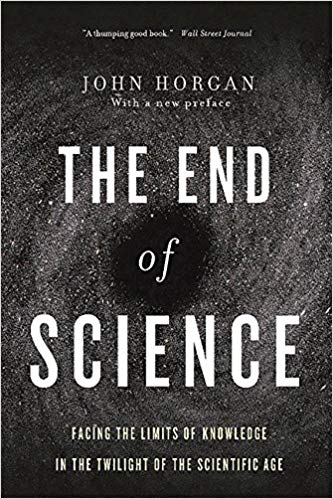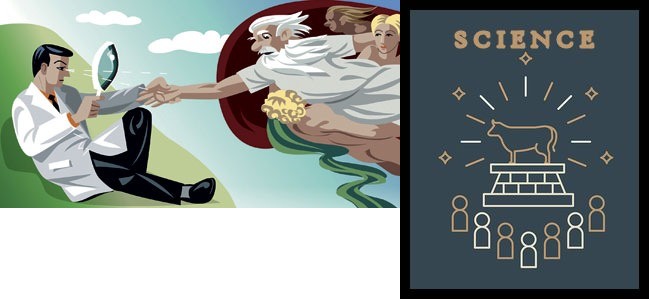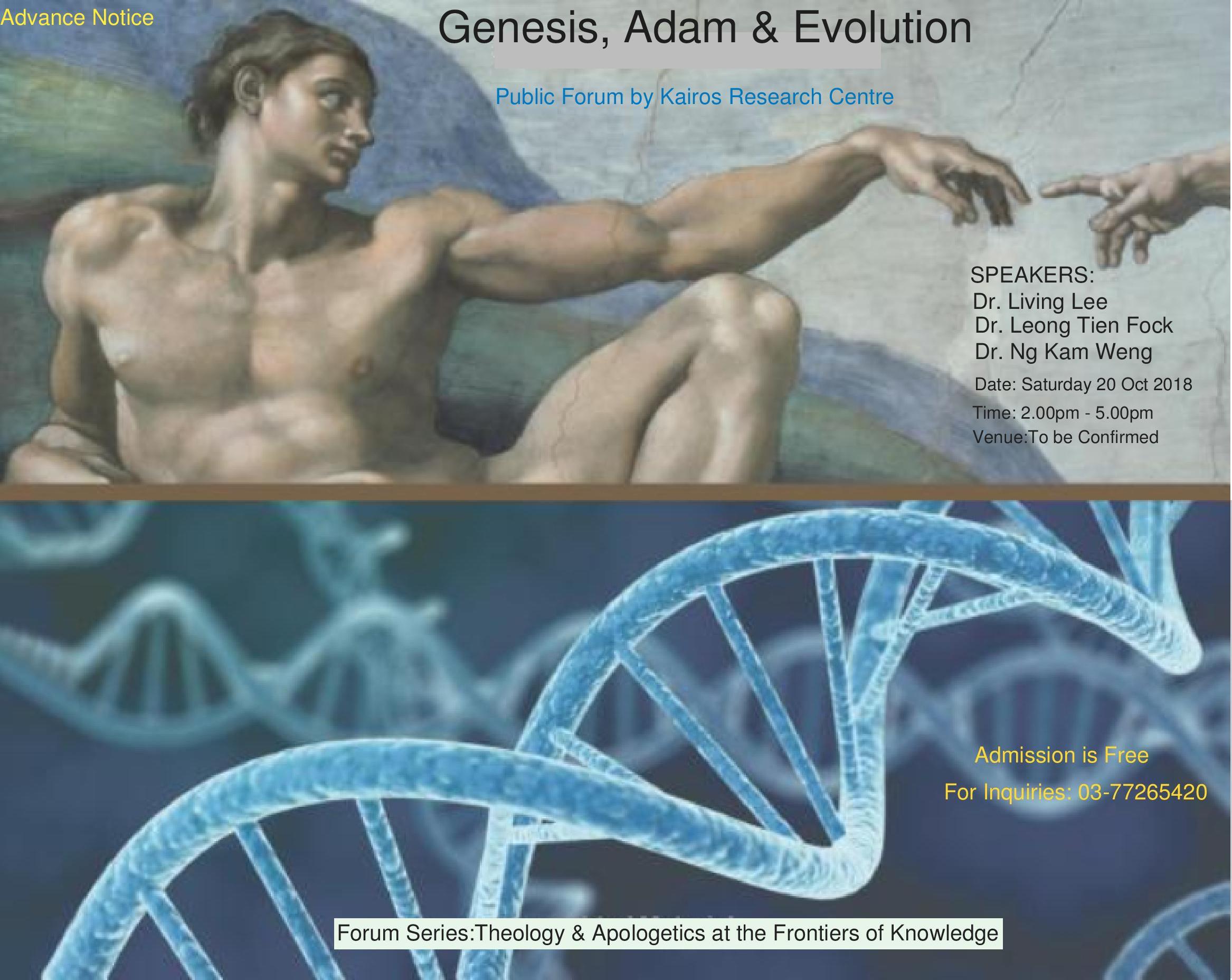
Richard Dawkins, the famous British atheist, famously asserts that since science works, it must be true and we must believe what it says. If Christianity clashes with science, so much the worse for Christianity. For this reason, some college students are persuaded to abandon their Christian faith once they conclude that it has been discredited by science.
The perception that science has discredited Christianity is based on two assumptions. First, the results of science are empirically verified and indubitable in contrast to the unverifiable claims of Christianity. Second, Christianity not only lacks explanatory power; it is in conflict with the empirical findings of science. For example, God becomes redundant once evolution explains the origins of species and inflationary cosmology explains the origin of the multiverse. We are reminded of the famous incident when Napoleon Bonaparte questioned Pierre Laplace why his large book on cosmology never mentioned the Creator, to which Laplace retorted, “I had no need of that hypothesis.”
However, neither Dawkins nor Laplace should be given the last word. There are other eminent scientists who do not agree that there is conflict between science and Christianity. Furthermore, science itself faces several intractable problems. Continue reading “Science and Theology as Analogous Research Programmes – Science and Christianity: Part 6/6”





